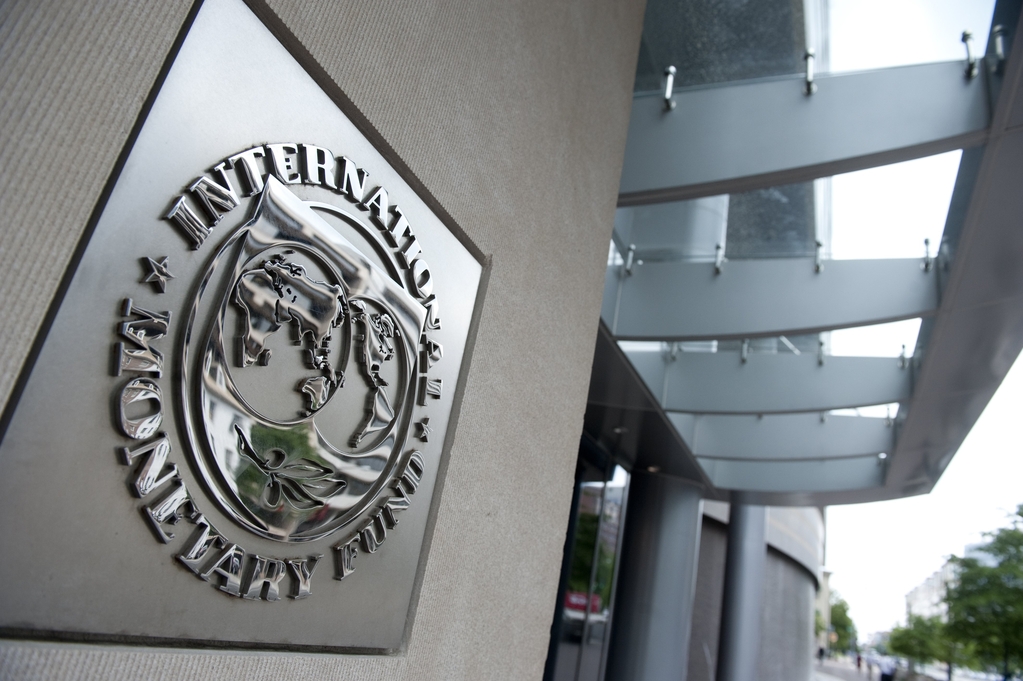“The rising levels of foreign exchange (FX) reserves, a return of private capital inflows, and appreciation of currency, marks the progress in Egypt’s gradual external rebalancing in early 2017. Further fiscal consolidation in addition to external rebalancing would lay the groundwork for a broader-based improvement in sovereign credit metrics in 2018,” said Fitch Ratings in a press statement on Wednesday.
However, several challenges still lie ahead, including the risk of social unrest, which is substantial. Even with the smooth progress of the envisaged reforms, it would take several years to reduce gross general government debt to more sustainable levels, according to the statement.
Foreign exchange reserves have continued to rise, with net international reserves reaching $26bn towards the end of January, which marks a $2bn increase from December 2016 and a $10bn increase from July 2016.
However, the Egyptian pound has regained 20% of its value against the US dollar since late December, reversing some of its losses following November’s flotation. A return of foreign inflows into Egyptian treasuries prompted a partial retracement of government debt yields, Fitch Ratings said in the statement.
According to Fitch’s inflows from multilateral and bilateral institutions, the resumption of foreign portfolio inflows and remittances after the authorities floated the pound, as well as import compression and improving export activity, were the main drivers for such positive developments.
Consequently, these developments are in line with Fitch Ratings’s general expectations when they affirmed Egypt’s “B/Stable” sovereign rating in December following the flotation and the IMF board’s approval of a $12bn extended fund facility.
Fitch Rating believes that the completion of the first review of the IMF programme before the end of June would release another $1.25bn, which will further increase the reserves and boost both economic and investor confidence.
They also believed the detailed programme targets will act as a policy anchor; however, there are implementation risks, especially concerning the fiscal side, such as the fact that the Egyptian pound is still about 44% weaker than before the flotation—despite recent appreciation—which will require extensive near-term subsidy reforms to achieve 2017’s deficit targets. This in turn will increase the inflationary pressure and the risk that social unrest will once again prompt the government to row back from some reforms.
The statement concludes that the Egyptian government’s ability to balance fiscal, monetary, and economic reforms with the risks of a social backlash therefore remains an important sovereign rating consideration. If Egypt can maintain recent progress, Fitch Rating forecasts that the fiscal year (FY) 2018, starting in July, would witness a stronger growth—reaching 4.5% compared to 3.3% in FY 17—inflation, reduction, and a primary deficit decrease. Debt-to-GDP will also decline from a forecasted 96% of GDP at end of FY 17.


